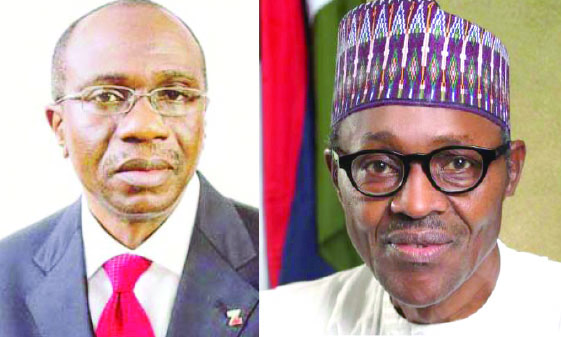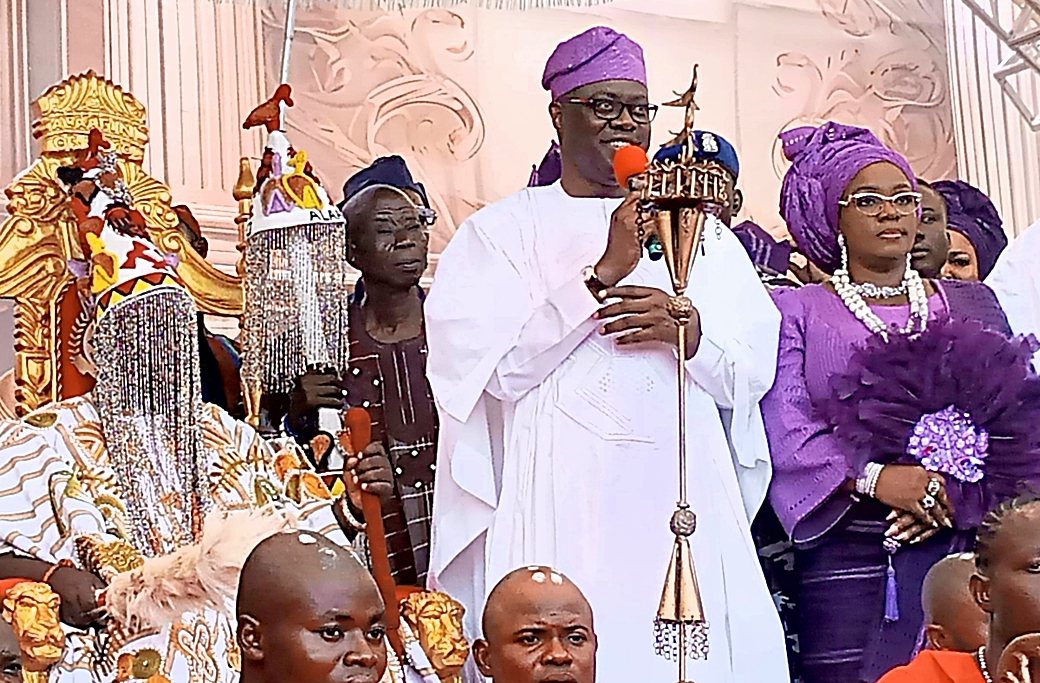Nigeria is a heavily import dependent country. With the fall of the naira, exports will be cheaper and imports will be more expensive.
By Ishaya Ibrahim
Naira is on the fall, and that has alarmed many Nigerians, especially with yesterday’s news that the Nigerian currency has dipped lowest in history at N710 per dollar in the parallel market.
For many Nigerians, the free fall of the naira accentuated the failure of President Muhammadu Buhari and the Central Bank of Nigeria’s governor, Godwin Emefiele in managing the economy.
Experts had long predicted that the Emefiele-led Central Bank is helpless and would cause the Naira to continue diving down to N1,000 by December this year.
Under Emefiele, the naira has lost 80 per cent of its value. Before he mounted the saddle at the CBN in 2015, the Naira exchanged for N190 to a dollar and has dipped down by 600 per cent since then.
READ ALSO
Economy doing well under Buhari than previous govts — Finance Minister
“Emefiele needs to step down or be made to step down if Nigeria is serious about saving the naira. As it is now, the local currency is headed towards N1000 per dollar and Nigeria may end up like Venezuela of Zimbabwe,” a top economist who pleaded anonymity, said.
Despite assurances by the CBN that the current fall of the naira would be halted, experts have blamed the decline on excess liquidity in the country and asked the CBN to take urgent steps to mop the liquidity and rescue the naira.
According to them, it is about to get worse for the economy should the current trend continue.
Others have absolved Emefiele from the fall of the naira, saying Buhari’s government has no economic plan and blueprint to export to generate the needed foreign exchange like what the CBN is doing with the RT200, a scheme by the apex bank to encourage non-oil export and earn forex for Nigeria.
Impact of the fall on the economy
Nigeria is a heavily import dependent country. With the fall of the naira, exports will be cheaper and imports will be more expensive.
Also, the Naira fall could have been good if Nigeria were a productive economy and not a consumption economy.
According to Legit, quoting a financial analyst, Justin Ugwu, said: “Nigeria is a consumption economy and imports virtually all essential commodities. So, the fall of the naira is bad for the economy. The fall of the naira is actually a minus for the economy.”














